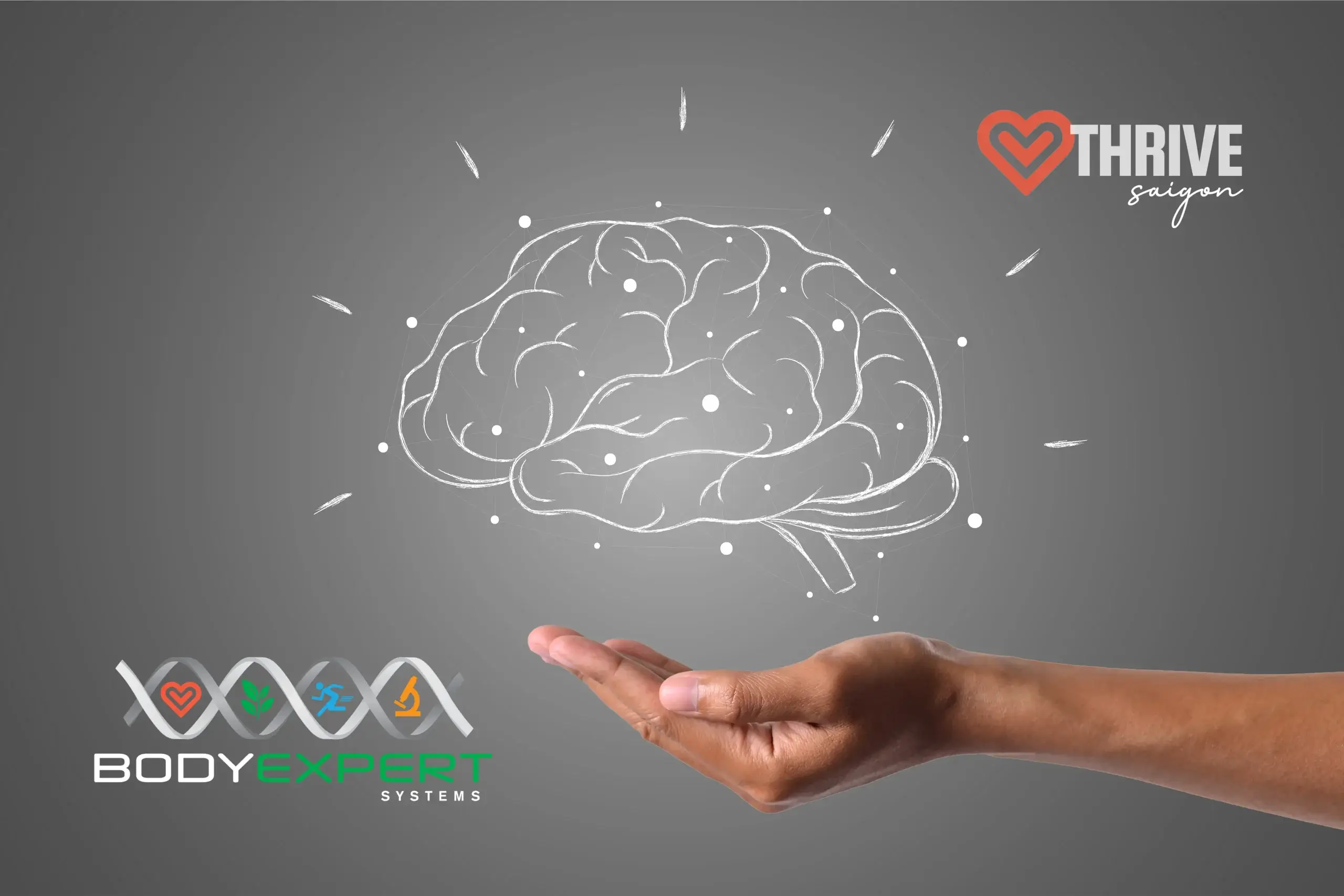PART ONE:
Some people think that if you drink you will get fat… end of story. That is just not the case. First you must understand how alcohol affects the body and secondly know what actions you can take around drinking to minimise its negative consequences on fat loss and training results (strength and performance).
Its time to talk honestly about alcohol, understand its impact on your training, dispel some myths (the calorie myth again), discuss the pros and cons and hopefully define that mythical measure called “moderation”… where in theory you obtain the maximum pleasure with the minimum damage to your waistline.
There are hundreds of studies concluding health benefits of alcohol. However, the mayhem is in the measure. In the studies, one or two glasses of red wine translated to a moderate serving. How many can say when on a night out that you only have a maximum of 2 glasses of wine?
Good News
The good news first: Red wine. 1-2 glasses of red wine, usually with a meal, has been associated with reduced incidence of coronary heart disease. Studies also suggest that the beneficial properties in red wine inhibits the oxidation of LDL (bad) cholesterol, fights the aging process, can have a favorable impact on stalling tumor and breast cancer cells. The ingredient responsible for these benefits is called resveratrol. Resveratrol is a powerful antioxidant, with anti-inflammatory properties, but before you get too excited and rush to the wine store, it is a little unclear if these findings are obtained through drinking wine or through the independent study of the effects that resveratrol has on the body.
Spirits held very few benefits, as does beer. Vodka, rum, gin and all the rest are zero carb drinks (assuming these are not mixed with sugar laden, chemically loaded frizzy drinks, which can be deadly), which is why the paleo movement has accepted them. Beer can contain some vitamins and minerals but nothing that constitutes any real health benefit.
Nonetheless there are better choices when it comes to choosing a good wine. Wines made from grapes in cold humid climates (Merlot’s for example) have higher concentrations of resveratrol than those from hot dry climates. Pinot Noir has the highest levels of resveratrol regardless of the climate. In addition, red wine is fairly low in carbs, with about 2-3 grams per 120ml glass.
These health-yielding properties aren’t the only good news. There are epidemiological studies that show moderate alcohol consumption does not adversely affect your weight. The American Journal of Clinical Nutrition published research in 1985 where they studied the diets of 1,944 adults aged between 18-74 years old. They found that an increase in alcohol (ethanol) alone did not result in weight gain that would normally occur if those calories were from carbs, fat or protein.
Now, a bit of perspective, all this research is looking at the effect of ethanol on an increase of body weight. So, while you might not be at risk of putting weight on through moderate drinking, it will certainly affect your weight loss (especially abdominal fat) goals.
Alcohol consumption will definitely hinder your fat loss efforts, but in an indirect way. Alcohol is very calorific, almost double the energy provided from carbs and proteins, at 7kcal per gram. But calories in verse out is not the whole story when it comes to fat loss, as calories from different sources act differently in the body and are metabolized differently. For fat loss it is essential to consider the body’s hormonal reaction to food, the toxic load of the food and the effect of the fat-storing hormone insulin.
To be continued… join me next month when I explain how alcohol affects your fat loss, fitness and health goals. Find out what 6-7 beers/wines does to you and learn how to enjoy a drink without causing too much damage to your waistline.
Part TWO:
Continued from last months edition…
I discussed some of the beneficial properties of alcohol in part one of the article. Even with these beneficial properties alcohol is quite simply a toxic substance. The body can’t store alcohol, so it has to be burned straight away. All other metabolic processes – fat burning – has to be put on hold while the body gets rid of the alcohol.
Bad News
Alcohol basically blocks fat metabolism, hinders protein synthesis (muscle development and repair) and stimulates a poor hormonal environment for recovery. In other words, it’s not the calories from alcohol that you have to worry about. It’s how your body reacts to this toxin, causing you to store fat rather than burn fat. Alcohol quite simply turns off fat burning at a cellular level and kills recovery from exercise.
If you are trying to train for a performance goal or to build muscle, alcohol is devastating. The University of Helsinki found that after a more than moderate drinking session (approx. 6-7 beers/wines for a 75kg male) testosterone levels dropped by 23%, growth hormone (HGH) secretion was heavily suppressed and cortisol levels rose by 36%. Testosterone and HGH are anabolic hormones that are essential for building muscle and burning fat. Cortisol is a catabolic hormone (breaks down tissue). High cortisol levels have been indicated as a cause of increased or stubborn abdominal fat. If you are looking to improve your fitness and lose fat then heading out for after match/workout drinks is not the best idea.
I know what you’re thinking… this all makes life sound a little bit boring. But, as I mentioned in Part One of this article there is limited evidence that moderate alcohol consumption alone will cause you to put on weight. However, if you are striving for fat loss or a performance goal you need to act carefully.
So what can you do to limit alcohols damage to your waistline and fitness efforts? The best basic advice I can give is to don’t drink more than once per week… do not go nuts during this one session, as you can see moderation really means a very small amount in reality. Follow the below tips to protect yourself from excess fat storage and poor fitness gains:
- Get most of your calories from protein and vegetables that day
- Avoid high carbohydrate and fatty foods while drinking
- Choose your poison wisely; stay away from carb-laden drinks like beer and fruity stuff. Good choices are Merlot and Pinot Noir wines, as well as spirits (on the rock or with water and lime)
- Consume foods and beverages that protect the liver from alcohol damage
- Avoid alcohol after hard workouts or competition. The recovery period is where the body actually improves and benefits from exercise. Drinking after workouts will diminish any potential returns
- The next day consume foods and beverages that aid in the detoxification of toxins
If you have a fitness, fat loss or health goal you are trying to achieve alcohol is sadly not your friend. However, if you want to be able to enjoy a drink while striving for positive body change you can probably have 1 or 2 drinks every week without feeling guilty, and without causing to much damage to your ambitions.






